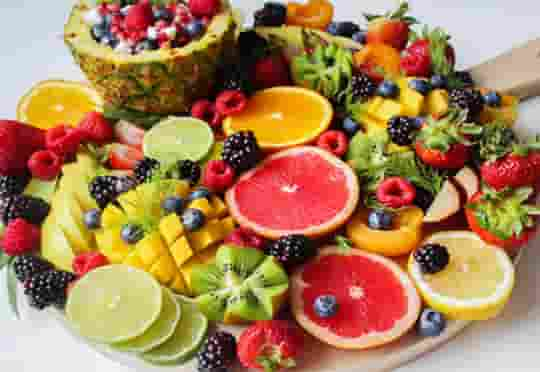High blood pressure can be difficult to spot as there are few symptoms.
A cup of tomato juice each day helps to lower blood pressure, research shows.
The drop in blood pressure is enough to move someone from stage 2 hypertension down to stage 1.
Drinking tomato juice is also linked to a decrease in the levels of ‘bad’ cholesterol.
High blood pressure can be difficult to spot as there are few symptoms.
The condition is linked to cardiovascular disease.
Tomatoes, though, may help protect against the disease because, as the study’s authors explain, they…
“…contain a variety of bioactive compounds, such as carotenoid, vitamin A, calcium, and gamma‐aminobutyric acid, which may play a role in maintaining physical and psychological health, including the prevention of [cardiovascular disease].”
The study included 481 people in Japan whose blood pressure and other physiological factors were tracked.
People in the study were given unlimited access to tomato juice for one year.
They chose to drink around one cup each day (200 ml) on average.
The results showed that blood pressure dropped significantly in people with untreated hypertension.
The study’s authors write:
“To the best of our knowledge, the current study is the first to investigate the effects of tomato or tomato product intake on cardiovascular disease risk markers over the course of a year and over a wide age range.”
Other natural methods to lower blood pressure include increasing intake of fruits and vegetables and staying active.
Regular exercise helps to lower blood pressure and is also linked to weight loss.
For example, a thirty-minute walk in the morning significantly lowers blood pressure for the rest of the day.
The beneficial effect is almost the same as taking blood pressure lowering medication.
Avoiding sitting for prolonged periods during the day also helps keep blood pressure down.
The study was published in the journal Food Science & Nutrition (Odai et al., 2019).

